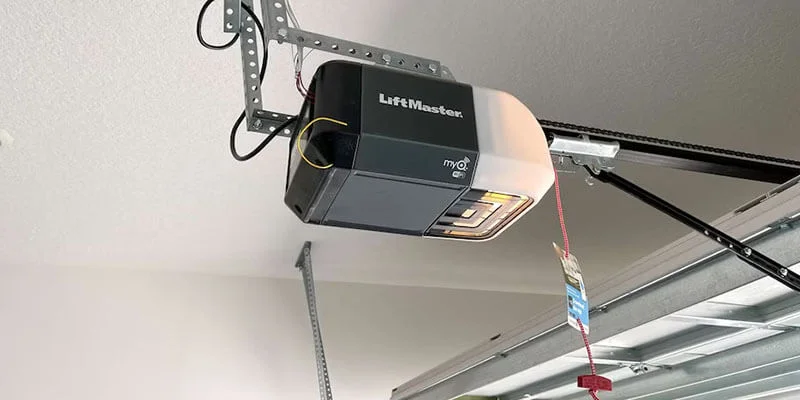Understanding the benefits of using a refrigerated incubator is essential for anyone who uses laboratory equipment—refrigerated incubators store cells, tissues, organs, and other organisms that need a sterile environment. These incubators can be found in microbiology labs, breweries, and wineries. They help to speed up beer stability aging tests and BOD testing.
Reduced Shipping Costs
A refrigerated incubator allows laboratories to keep their vaccines, medicines, and other products completely sterile. This is essential because, with such equipment, these types of specimens and experiments can quickly go well due to improper temperatures or other malfunctions. Cooled incubators also allow labs to transport samples and cultures very efficiently. Incubators can be loaded into a vehicle and transported to another location or other rooms within the same facility, all with little risk to the specimens or cultures inside.
Refrigerated incubators can be used in various applications, including bacterial culturing, fermentation and enzyme digestion testing, and biochemical oxygen demand (BOD) determinations. Some incubators come with locks that prevent unauthorized access to specimens and samples, adding an extra layer of security and protection. They can be accessed by authorized lab workers only. Some incubators also feature WiFi data logging so that a person can monitor their results and other information via a computer or mobile device.
Increased Productivity
Many tests and experiments require a regulated environment for the success of an analysis or investigation. The best way to achieve these conditions is by using a science incubator. This type of lab appliance offers more precise temperature control than standard refrigerators and freezers. The cooled incubator also saves energy. It uses Peltier cooling technology to achieve much shorter heat-up, cool-down, and recovery times. This translates into significant savings for any laboratory.
Another great feature of the cooled incubator is that it provides an even temperature throughout the unit, regardless of where samples are located. This is accomplished through either natural or forced air circulation. The air is dispersed through a system of fans that operate with the principles of gravity and convection. A cooled incubator eliminates the rumbling and vibration associated with standard refrigerators and freezers, which can cause small movements in sample vials or bottles. This is a significant advantage for those who need to work with fragile or private specimens.
Reduced Risks of Contamination
Incubators provide a controlled environment where scientists can observe the growth of microorganisms. They help ensure that samples remain contamination-free and are protected from microbial spoilage. They are essential in laboratory settings for bacterial culture, fungus growth, and virus replication, among many other applications. Lab incubators must be able to maintain humidity as well as temperature for accurate results. Many labs use water pans to increase humidity in their incubators, which only increases moisture briefly before the droplets evaporate. A cooled incubator with a humidifier will keep humidity stable continuously, which prevents moisture loss and reduces the risk of contamination. Another way to reduce contamination is by avoiding frequent opening of the incubator door. Depending on the application, you may need to swap sample vials or bottles, candle eggs, or operate other equipment inside. A cooled incubator with a decontamination cycle that can run after routine cleaning can help reduce the number of times you need to open the door.
Greater Productivity
A refrigerated incubator can save lab workers from manually monitoring their work’s progress. This can allow lab staff to focus on other work that requires their attention, such as analyzing the results of their research. Refrigerated incubators provide a sterile environment where scientists can grow cells, tissues, organs, and microorganisms to observe them under a microscope. Labs also use them to store vaccines and medications for later use. Many laboratory incubators feature a large, detailed LCD screen that displays alarm messages and temperature readings in plain view. Some models offer an audible alarm to warn lab personnel of a problem before it’s too late.
Additionally, these units are designed to eliminate vibrations that can disturb a specimen. They use hydrogen cooling elements that create a gentle cooling effect instead of fans and coils, which can cause subtle movements in the incubator’s interior. They can even add humidity to the interior chamber with a built-in humidifier.


















